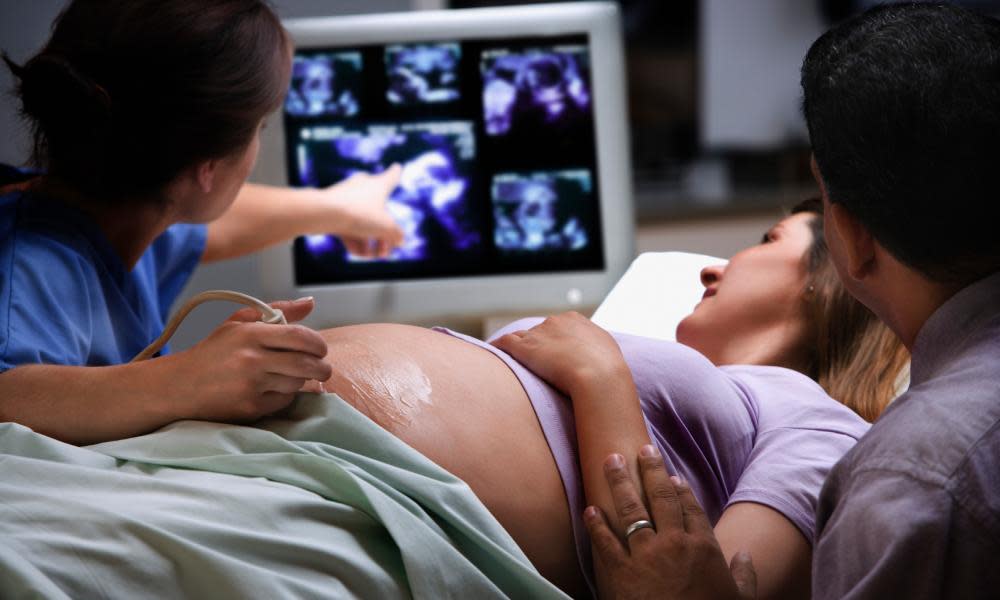Tories have presided over shameful health inequality

We are extremely worried to hear that the government is turning its back on the commitment to tackle unacceptable health inequalities (Thérèse Coffey scraps promised paper on health inequality, 29 September). This will undermine the commitment to tackling disparities in the women’s health strategy for England. It could halt the momentum from the newly created maternity disparities taskforce, set up to end the stark disparities in maternal outcomes that continue to persist.
Recent research has attributed 12% of stillbirths in England to ethnic inequality and 24% of stillbirths to socioeconomic inequality. Turning away from addressing health disparities will challenge the ambition to halve rates of stillbirths and neonatal and maternal deaths by 2025. The timing could not be worse; we are barely post-pandemic and are now faced with a cost of living crisis. We urge the government to maintain the commitment to publishing the white paper by the end of this year.
Dr Eddie Morris
President, Royal College of Obstetricians and Gynaecologists
• I was not surprised to see history repeating itself on reading that the health secretary has decided to ditch the long-promised white paper on health inequalities. In 1979, the Heath Education Council was told not to publish its report on inequalities and health by the Thatcher government. The council defied that order and in 1980 published the Black report, which strongly advocated action and helped to create programmes that sought to mitigate this harm during the Thatcher government and beyond.
It is a disgrace that the inequality disparities not only continue but have increased after 12 years of Conservative governments, and the current one trying to bury such negative findings wreaked by their actions again shows their true colours.
John Boswell
Bridge of Allan, Stirlingshire
• Last week, my six-year-old daughter came home from school and said: “Mummy, did you know a child pretended to eat their lunch out of their lunch box, but there was nothing in it. They didn’t have anything to eat and didn’t want anyone to know.” This was related to the children in assembly.
One in five parents state they are struggling with school costs, including school meals (22%) and PE kit (27%). End Child Poverty found that London’s poverty figure is 35% against the UK average of 27%, and it’s terrifying to read from the Greater London Authority that 400,000 children face food insecurity.
London Sport’s mission is to get inactive Londoners active, because if you live an active lifestyle, you’re more likely to live a longer and happier life. Huge inequalities persist when it comes to exercise, depending on postcodes and bank balance. In London, 360,000 children are “inactive”, but how can children exercise and play if they are hungry?
Poor activity levels and hunger play a part in disrupting a child’s physical and mental health. Our research has already shown that nearly half of Londoners are cutting back on exercising due to financial strain. How can sport and physical activity continue to benefit lives when families aren’t able to feed themselves and children are hungry at school? Swift action is essential to ensure that a whole generation doesn’t get left behind.
Emily Robinson
CEO, London Sport
• Have an opinion on anything you’ve read in the Guardian today? Please email us your letter and it will be considered for publication.

 Yahoo Movies
Yahoo Movies 
